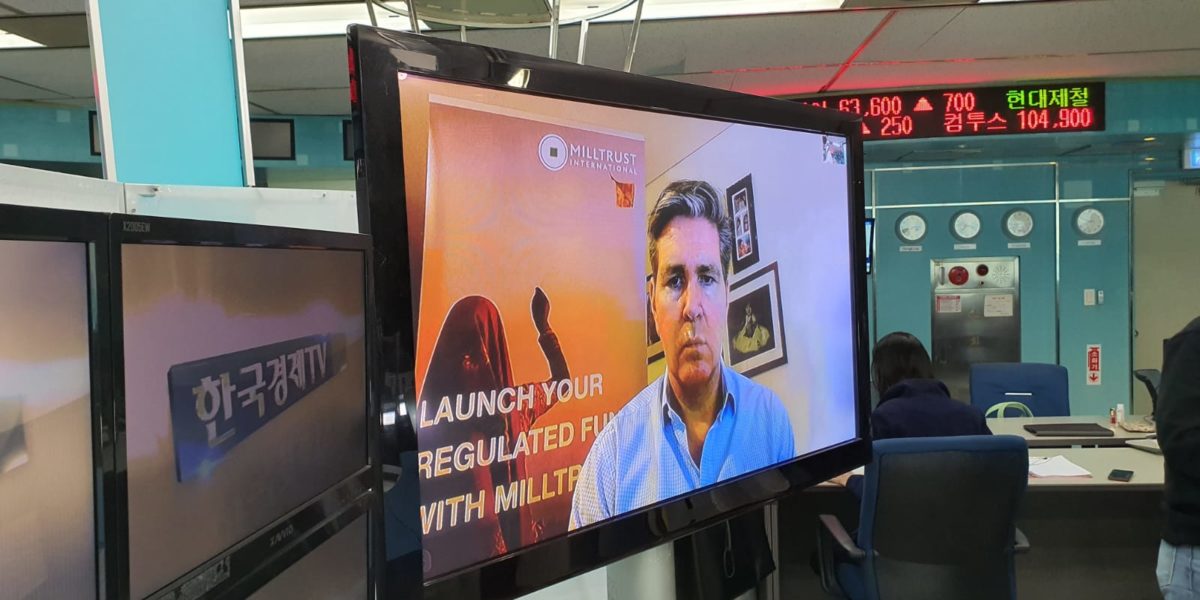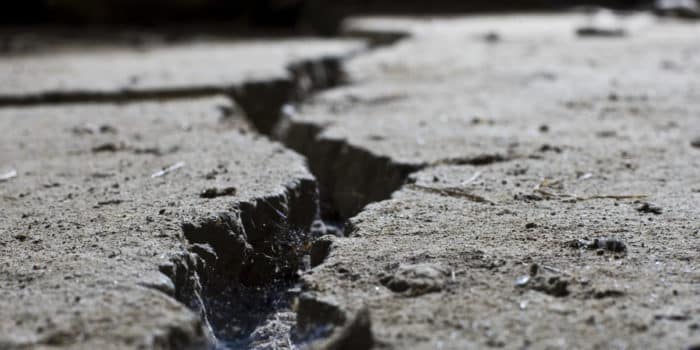The following are translated from Korean to English.
Q: Globally, COVID-19 is quite serious. Can you tell us the situation in Singapore? (Is there hoarding in Singapore as we have seen in other countries?)
Singapore was initially held up a paragon of virtue by the rest of the world as a program of contact tracing initial seemed to limit infection to a small number of clusters. However, in the past week or so, the number of infected people has increased significantly although all of these new cases with the exception of around 18 citizens or permanent residents appear to be concentrated in the dormitories which house foreign workers. There are between 800,000 and a million of these foreign labourers in Singapore at any one time, largely employed in the construction industry.
Given such low levels of infection amongst the wider population, the new measures taken by the government do seem to be an admission that they have made mistake and now fear a wider spread of the disease although there is no evidence of this. One issue is that there are only about 10,000 hospital beds in the country and these could fill up quickly if the latest outbreak was to get out of hand.
Singaporeans are now obliged to wear face masks as all times and are restricted from leaving home with the exception of shopping, exercising and medical emergencies.
There has been some evidence of hoarding but two weeks into the circuit breaker as they call it, the supermarkets appear well-stocked.
Q: You are a British national. Can you tell us what the situation is like in the UK from the viewpoint of your family, friends and others that you may know?
Despite the fact that we have made our home and established our business interests in Singapore, it has been difficult to persuade the Singapore authorities to let our children come home to us. One of our daughters is a student ballerina at a ballet school in New York City, and she has not been permitted to return to Singapore to join us. This has been extremely stressful for my wife Eun Young.
Life in the UK is severely hampered by the ongoing lockdown which is now into its 4th week. The lockdown has been extended for a further three weeks from April 16th and very little information on a possible “exit strategy” has been shared by the government with the British people. The populations have been inured with a three-pronged message now for a month – Stay at Home – Protect the NHS (National Health Service), and Save Lives, and whilst to date, they have been extremely compliant, there is now a sense that the incubation period for the disease has been exhausted, and it’s time to lift the restrictions before too much economic damage is done, not to mention the mental health issues.
Q: Either from Singapore’s or British perspective, can you tell us how they are evaluating Korea’s response to dealing with the viral outbreak? (Feel free to show or discuss or introduce any articles from the foreign press regarding this).
Generally the perception of the press in the UK us that South Korea is perceived to have been the most successful country in dealing with COVID-19. After the tragic spread of the disease in Daegu, the authorities were quick to isolate the problem and most importantly they ramped up testing so that today South Korea has still one of the highest levels of testing per million inhabitants in the world despite the fact that the spread of the disease has not been widespread.
Q: (Simon). Can you tell us about your business please? In light of the Corona 19 outbreak, can you tell us how it has affected your business?
I am a professional fund manager and have been managing assets across Asia and the developing world for several decades. I have witnessed the Asian Crisis of the late 90s and the global financial crisis of 2008. When the COVID-19 outbreak was declared a pandemic and markets began to plummet, I felt resigned to the fact that this was just part of a 10-year cycle which comes to challenge us in the developing world, and whilst it was characterised by death and gloom, it would pass and the world would recover. Now, I am worried that whilst some more developed economies like Korea will survive, the outlook for many other Asian nations in the short terms is seriously challenged. Frontier nations especially where many of the workforces are dependent on the demand for consumer good dependent on low-cost labour will be hit hard as demand falls off a cliff.
The risk of the prolonged lockdown and the economic implications for the global economy does not seem to be being properly assessed by the political elite in the West who are cynically looking at votes in my view. The message they will undoubtedly deliver will be that they “saved lives” but they should have put all their efforts into saving the old and vulnerable as a priority.
Q: (From the perspective of a CEO in the AI sector). What alternative investments are expected to get the limelight after the pandemic? Taking into consideration investment ability/propensity, what alternative investments would you recommend to Korean investors?
There are the obvious winners of this new world order such as platform companies, online entertainment businesses and healthcare but all of these stocks have done well in relative terms in recent weeks. The opportunities for investors are probably now amongst the more bombed our companies like insurers, banks, and if you want to be really brave selective transport and hospitality companies that are trading on multiple never seen before. As emerging markets investors, the markets we are overweight in include South Korea, Taiwan and Russia. We also believe that Vietnam will spring back pretty quickly and this is as much as play on recovery of South Korea’s markets as it is a domestic story given the significant outsourcing to this country.
Q: (From the perspective of someone who has been in the financial industry for a long time) Despite the global economic recession, Korean individual investors are buying a lot of stocks. They are especially ramping up buying blue chips like Samsung Electronics leading to a trend labelled “DongHak Ant Movement. Do you think this is the right time to buy stocks? What advice would you give to Korean stock investors?
This may well prove to be a historic time to invest. History tells us that the big global shakeouts are typically followed by significant recovery. Whilst I am upset that governments including my own are prolonging the agony, and in many respects handling the crisis very crudely, the optimist in me suggests that here in Asia we will get back to normal pretty quickly, and steal a march on the Western economies which are mired in overly engineered containment strategies that will prove painful and costly to their economies.






